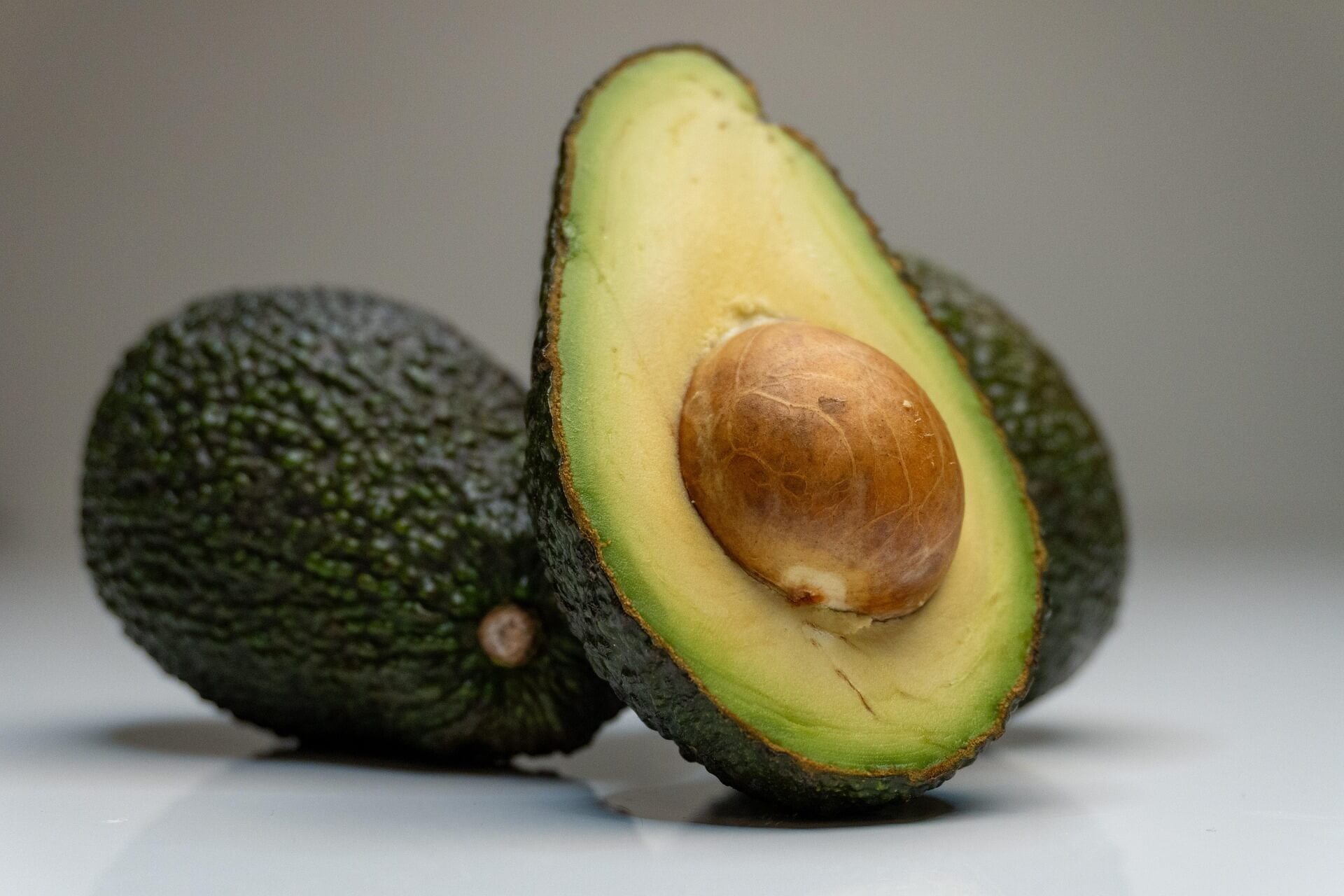Avocados are full of nutrients that are good for your health in general, but especially for people with diabetes. They are a great way to control blood sugar levels because they contain healthy fats, fiber, and important vitamins. Let’s talk about how avocados can help people with diabetes and why they should be a regular part of a healthy diet. Here is why people with diabetes should eat avocados.
Table of Contents
Avocados Help Keep Blood Sugar in Check
Avocados don’t have a lot of sugar or carbs like many other foods do. Most avocados have less than one gram of sugar, so they are a good choice for people who are watching their blood sugar. When you eat avocados, your glucose levels don’t rise, so they give you energy without making your insulin levels rise.
Avocados’ fiber is very important for keeping blood sugar in check. About 10 grams of fiber are in one avocado. Fiber slows digestion and keeps blood sugar from rising too quickly. It makes insulin work better and keeps blood sugar level all day because digestion takes longer.
Healthy Fats Make Insulin Work Better
Monounsaturated fats, which are found in large amounts in avocados, have been linked to better insulin sensitivity. These fats are good for your heart and help your body use insulin better. This lowers your risk of insulin resistance, which is a big problem for people with type 2 diabetes.
Additionally, polyunsaturated fats help lower levels of bad LDL cholesterol and raise levels of good HDL cholesterol. Adding these fats to the diet of people with diabetes makes their heart health better because they are more likely to get heart disease.
Nutrient Density is Good for Your Health
In addition to fiber and healthy fats, avocados are full of many other nutrients that are good for people with diabetes. They have a lot of potassium, which helps keep your chemical balance right and lowers your risk of getting high blood pressure. Magnesium is another mineral that can be found in avocados. It helps the body use glucose and insulin.
Also, avocados have strong antioxidants like lutein and zeaxanthin that are good for your eyes. These vitamins are very helpful because diabetes makes eye diseases like diabetic retinopathy more likely.
Avocados Can Help You Lose Weight
Keeping your weight at a good level is very important for managing diabetes. Avocados make you feel full because they have a lot of fiber and good fats. Eating them cuts down on hunger and keeps you from eating too much, which makes it easier to control your calorie intake and keep a healthy weight.
Studies have shown that eating avocados with meals can make you feel fuller for longer. This reaction helps keep blood sugar from rising too quickly when you eat too many carbohydrates. A healthy diet that includes avocados can help you keep off the weight over time, which directly helps control your blood sugar.
Easy Ways to Include Avocados in Your Diet
Avocados are a simple and tasty addition to any meal. Try these basic methods:
Breakfast: Spread avocado on whole-grain toast and top with an egg for a nutrient-dense start to your day.
Lunch: Add sliced avocado to salads, sandwiches, or wraps for a creamy texture and fiber boost.
Dinner: Add avocado to soups or serve as a topping on grilled chicken, fish, or veggies.
Snacks: Make guacamole with fresh lime juice, tomatoes, and cilantro, or add avocado to a smoothie for a creamy and nutritious treat.
Final Thoughts on Why People with Diabetes Should Eat Avocados
Avocados provide numerous health benefits for diabetics. Their low carbohydrate content, high fiber content, and healthy fats make them an effective diet for regulating blood sugar and promoting general health. Avocados can help with insulin sensitivity, heart health, and weight management. This adaptable fruit, when eaten with varied meals, helps to keep blood glucose levels steady while also providing critical nutrients. Begin incorporating avocados into your diet today and experience their tremendous health benefits firsthand!






